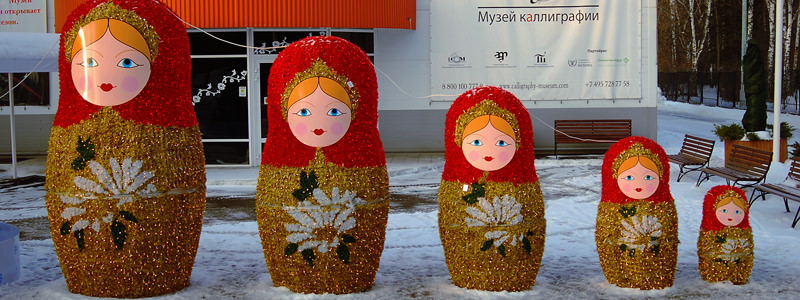
We’ve reached the time of year when Mother Nature unleashes her icy-cold fury, The Polar Vortex being her current weapon of choice. When the forecasts predict snow, governments dispatch fleets of dump trucks, which scatter salt to either prevent roads from icing over, or, if they don’t get there in time, to melt those ice-covered roads.
Is salt the best way to de-ice our roads? Perhaps not. The folks over at Treehugger spoke to researchers at Washington State University who believe that they’ve found a way to stop roads from icing over in the first place. Their solution: Vodka.
Here’s what you need to know:
Every winter, the United States spreads between 10 and 20 million tons of rock salt over icy roads. In total, the country spends $2.3 billion on de-icing for highways alone – this cost covers plowing, salt and other methods.
Salt is effective up to a certain point because it lowers the freezing temperature for water, but the environmental impacts can be devastating. A study from the University of Minnesota found that as much as 70 percent of road salt gets washed into waterways like lakes and rivers. This salt decreases fish populations and can alter their development.
Sand, the other de-icing solution, is not much better because sand is disappearing. Between 75 and 90 percent of the world’s beaches are getting blown away by storms or eaten away by rising sea levels. The rest of it is going to cement industries, the glass industry and fracking. And desert sand is not a feasible replacement – it’s too thin and smooth to adhere to surfaces.
Reports from the Environmental Protection Agency indicate that a third de-icing strategy – chemicals – aren’t great either. They affect oxygen levels in waterways and can kill fish downstream from storm-water outlets.
A recent study from the Washington State University has been looking at greener alternatives. That’s where vodka comes in – or at least, the byproducts of vodka. Researchers suggest using barley residue from vodka distilleries to sprinkle on the roads to prevent water from becoming ice.
via Treehugger
Header image via Ekaterina Bykova / Shutterstock
